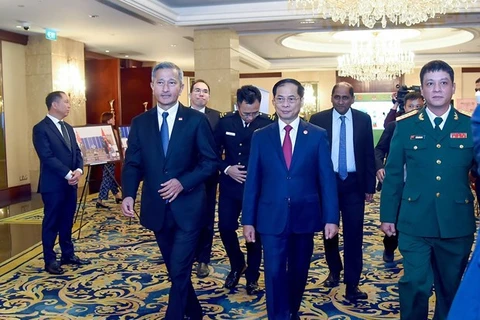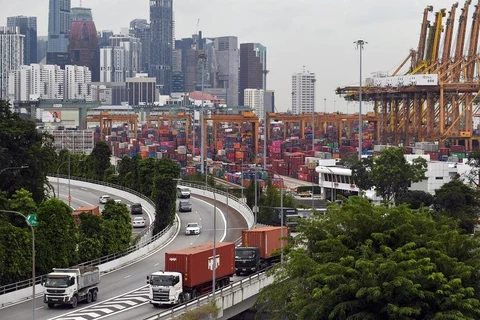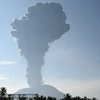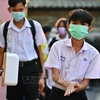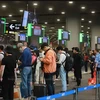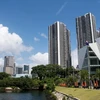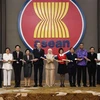Singapore (VNA) – Singapore’s inflation cooled in June for the second consecutive month, with an overall rate of 4.5%, down from the 5.1% in May and core inflation at 4.2%, down from 4.7% of the previous month. This sends out a signal that the country's inflation has passed its peak, according to the country's Monetary Authority of Singapore (MAS) or the central bank, and the Ministry of Trade and Industry (MTI).
Factors contributing to inflation in the country saw slower increases in food, service and private transport prices, lower import costs compared to the previous year, and tightening conditions in the domestic labor market. Inflation fell in June across all categories including food, personal travel, services, electricity and gas.
Private-sector economists suggest that if this trend persists, core inflation, which excludes personal travel and accommodation costs, could fall to 3% or lower for the whole of 2023.
With inflation trend down further in the second half of the year, economists still maintain their stance that MAS is unlikely to adjust monetary policy at its next meeting in October.
MAS and the MTI lowered Singapore's overall inflation forecast for 2023 to 4.5-5.5% from the 5.5-6.5% previously forecast while the core inflation estimate remains unchanged at 3.5-4.5%.
Economists believed that the falling inflation shows that the decision by the MAS to pause the tightening of monetary policy in April is appropriate. Core inflation is expected to take longer to return to 2.5-3%, as the labour market remains tight, domestic demand recovers, and the number of foreign tourists increases, among other factors./.

